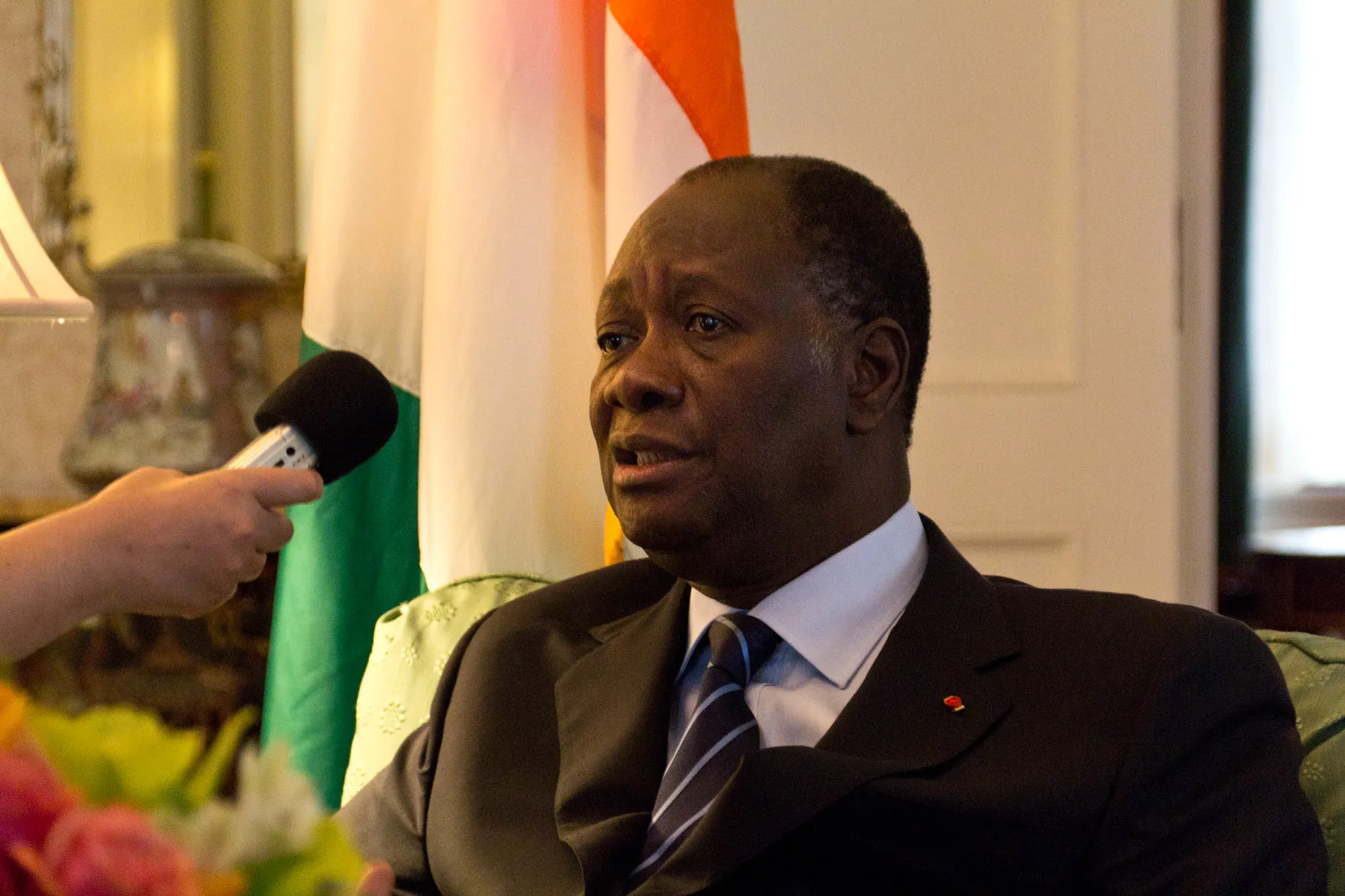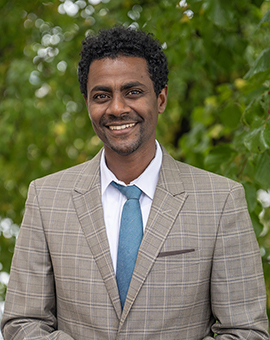Ivorian president might be sorely tempted to seek a third term. Why he mustn’t

Disclaimer: Views expressed in this commentary are those of the authors, one of whom is a staff member of International IDEA. This commentary is independent of specific national or political interests. Views expressed do not necessarily represent the institutional position of International IDEA, its Board of Advisers or its Council of Member States.
The death of Ivorian Prime Minister Gon Coulibaly and subsequent resignation of Vice President Daniel Kablan Duncan, reportedly on personal grounds, have added heat to the contestations over the presidential elections planned for October this year.
Coulibaly was the chosen successor of the current president, Alassane Ouattara. The events have reignited concerns over a possible third presidential bid by Ouattara which commenators believe could lead to political instability.
The country was expected to have its first ever peaceful democratic change of power, following Ouattara’s announcement in March that he would step down at the end of his current term.
The death of Coulibaly has reopened a Pandora’s box.




